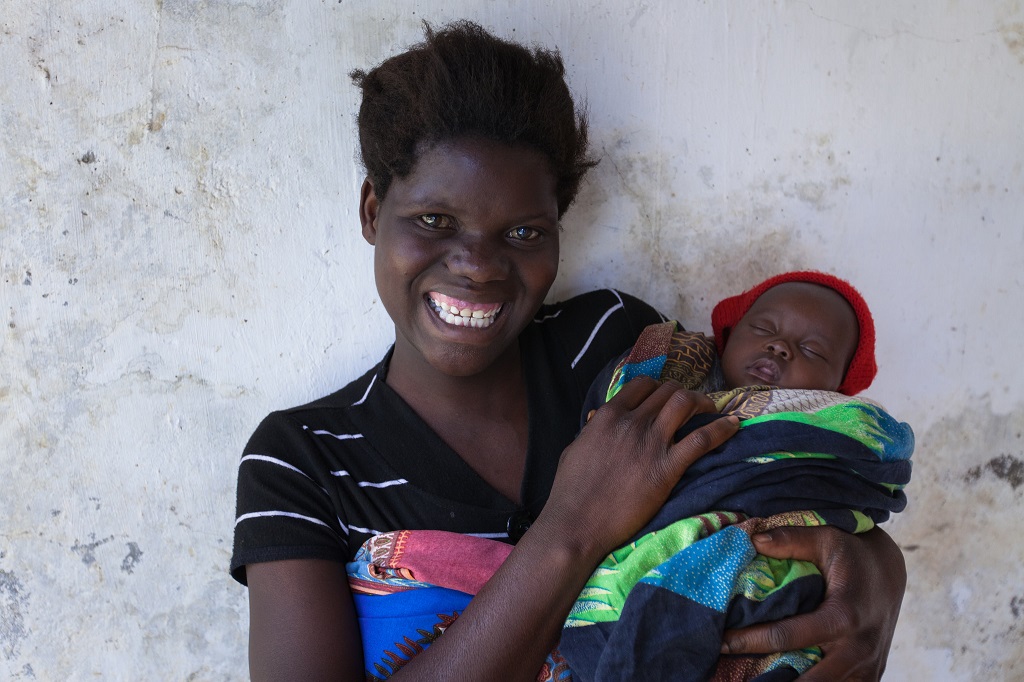This blog originally appeared on The Huffington Post.
Around the world, there is growing recognition that communities are key to unlocking better health – that if we want to expand access to health and improve quality of care, communities must be at the center. And that communities can be our most powerful allies in efforts to improve health for all.
Community-based approaches have too often been thought of as “add-ons” to more conventional approaches to health promotion: nice to have, but by no means essential. That view is changing. As evidence and experience demonstrate the enormous potential of community-based approaches, policy makers are recognizing that they constitute essential ingredients for success.
Community-based approaches are powerful tools for promoting equity and reaching every child, which are essential for progress on achieving universal health coverage and improving quality of care. When communities are empowered and engaged, they contribute to creating resilient and agile health systems that can respond effectively to emerging crises and challenges.
Empowering communities also helps to create demand for high-quality, affordable health services, and to create accountability for those tasked with delivering these services. Community-led approaches can be effective in influencing the social norms and barriers that prevent women and children from accessing care, including financial barriers.
But communities are not just service providers. They also play a key role in holding health systems accountable for providing high-quality care that reaches every woman and every child, everywhere.
Working with communities is key, but we acknowledge that communities are complex, diverse and often hard to define. To unlock their power, we first need to understand the broad, often complex ecosystem of actors and structures, both formal and informal, that exist in communities, and which can work together to promote better health.
We need to recognize and support the key elements of community-based approaches – including frontline health workers – and systematically provide them with the support they need. They need to be appreciated for what they are: a critical part of the formal health structure. And they must be supported with human resource policies, budgeting, referral and supervision systems, and planning.
Simply providing services that reach communities is not sufficient. If we want to achieve success in protecting and promoting healthy communities that benefit everyone, we need to put in place systems that are both equitable and sustainable. We need to break down the barriers that prevent people from accessing care through fighting discrimination, addressing harmful social norms, empowering health workers, and guaranteeing sustainable financing.
UNICEF believes in a community health approach built on the foundations of existing social dynamics, putting skilled frontline health workers at the front and center. For this purpose, we are calling for a community health systems approach that embraces and leverages community social dynamics and community health services.
Last month, in Malawi, countries launched the Quality, Equity and Dignity Network, setting out eight international standards to promote quality, equity and dignity in health. These eight standards are a critical step forward, and help to underscore the importance of quality, equity and dignity in community health. To further reinforce these standards, I believe we need to add a ninth standard focusing on community empowerment and social accountability.
By putting women, children and communities at the center of our global health efforts, we can achieve a healthier world for all and drive global progress towards the Sustainable Development Goals.

